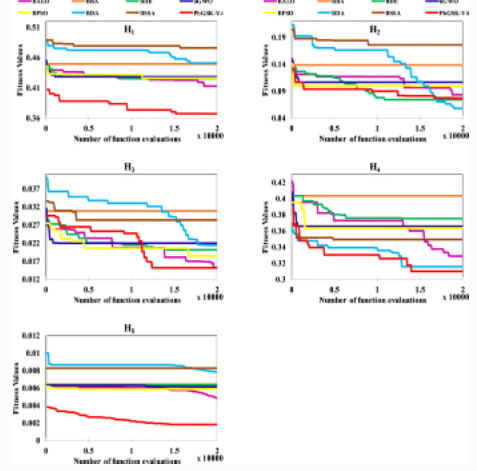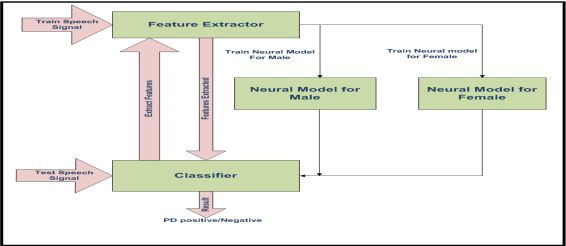
Optimal Power Consumption on Distributed Edge Services Under Non-Uniform Traffic with Dual Threshold Sleep/Active Control
Mobile edge computing (MEC) is a key enabling technology for supporting high-speed and low latency services in the fifth generation (5G) and beyond networks. MEC paradigm moves computational resources from centralized cloud servers towards the edge of the network, nearer to the users. However, edge computation resources increase the power consumption of the network. Moreover, the non-uniform traffic load on the edge servers causes resources to be underutilized and decrease the system's power efficiency. To achieve the green networking concept encouraged in 5G and beyond networks, unused MEC resources should be switched to sleep mode to reduce the power consumption. The policy controlling sleep/active switching needs should optimize the power consumption and maintain an acceptable quality of service. The control policy should also eliminate frequent mode switches that cause system instability and degrade the system performance. This paper introduces a dual-threshold switching control to reduce power consumption and provide system stability. We also propose using the gaining and sharing knowledge (GSK) optimization algorithm for resource optimization and determining the optimum thresholds to be used by the system. Results showed that dual-threshold switching successfully reduced the power consumed in a single time slot by more than 10% per MEC server. Also, dual-threshold control displayed more stability compared to the single threshold control. © 2021 IEEE.



